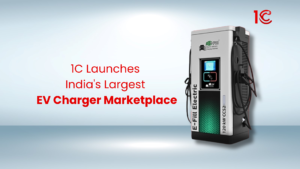
Menu
Menu
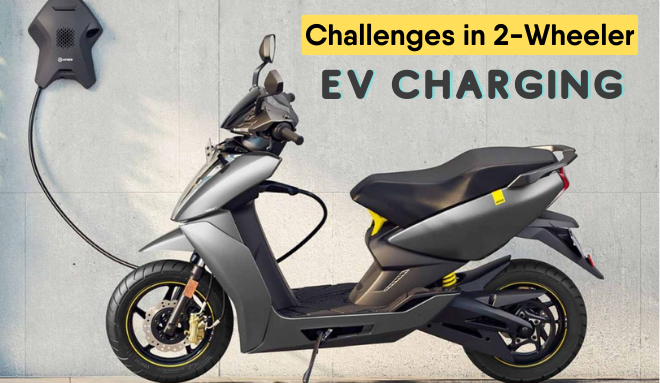
India’s electric vehicle (EV) landscape is making strides, particularly in the electric scooter sector. However, a significant hurdle has surfaced with the absence of a universal electric two wheeler charging infrastructure, a concern clarified by the government. Challenges include limited accessibility to charging stations, diverse charging connectors from manufacturers, and uneven urban-rural infrastructure development. The government has transparently acknowledged these limitations and is committed to overcoming them. Collaborative efforts involving manufacturers, government bodies, and private entities are underway to enhance the E2W charging landscape. Despite current gaps, there’s a push for standardized connectors, reflecting a collective commitment to establishing a sustainable and efficient charging network for the future of electric scooters in India.
The existence of varied charging connectors poses a challenge to forming a unified charging network. Standardization efforts are vital to streamline and expand the charging infrastructure, ensuring compatibility and ease of use for electric scooter users.
Emphasizing collaboration among the government, industry, and private entities signals a united approach to tackle infrastructure gaps. Such joint efforts are crucial for developing a comprehensive and efficient charging network that addresses the diverse needs of electric scooter users.
The government’s commitment to advancing E2W charging infrastructure is poised to propel market expansion. Incentives for private entities and manufacturers will contribute to a more robust and widespread charging network, fostering increased accessibility for electric scooter users.
Addressing the challenges outlined in the news will enhance user satisfaction. A seamless charging experience and improved accessibility positively impact user perceptions of electric scooters, promoting greater adoption and satisfaction among users.
The emphasis on technological advancements, such as fast-charging solutions and smart grid integration, signifies a potential for innovation in the EV charging industry. This innovation holds the promise of delivering more efficient and user-friendly charging solutions, contributing to the overall improvement of the charging experience.
while challenges persist in India’s electric two-wheeler (E2W) charging infrastructure, the government’s acknowledgment and commitment, coupled with collaborative efforts from manufacturers and private entities, signal positive strides. The emphasis on standardized connectors and anticipated regulatory adaptations indicates a proactive approach. Despite existing gaps, there is a shared dedication to fostering a sustainable and efficient charging network, underscoring optimism for the future of electric scooters in the country.
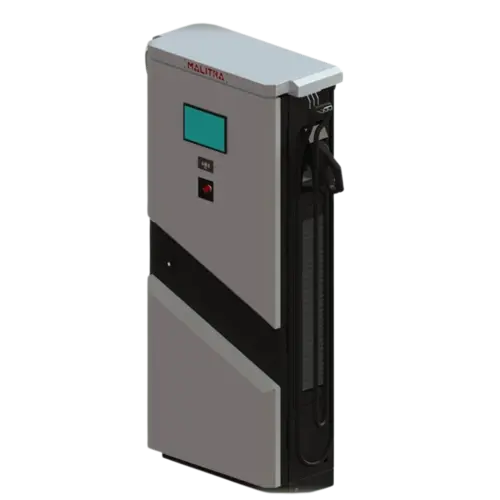

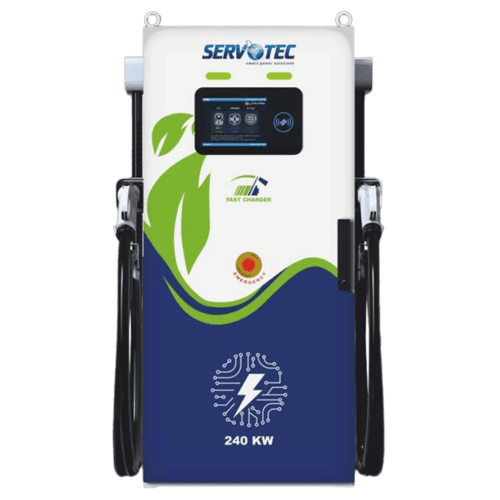
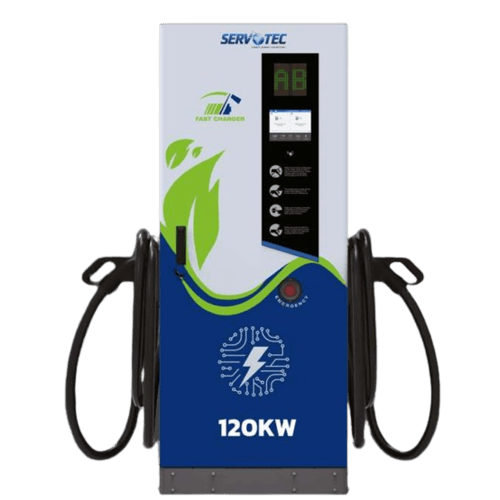
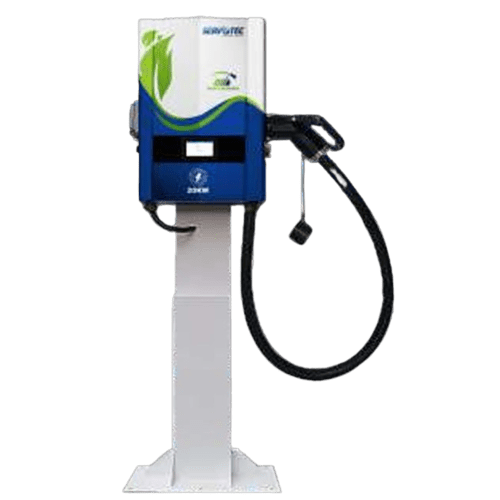
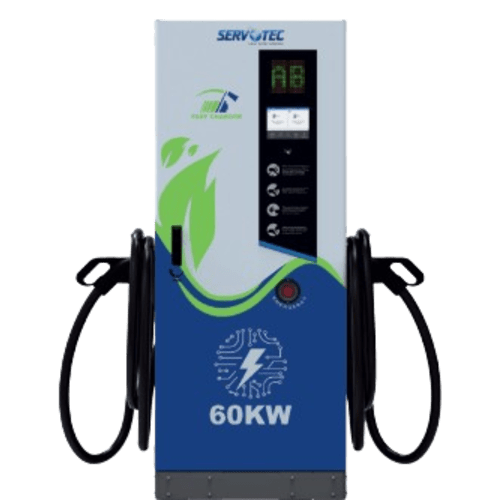
© 2024 Massive Mobility Private Limited. All rights Reserved